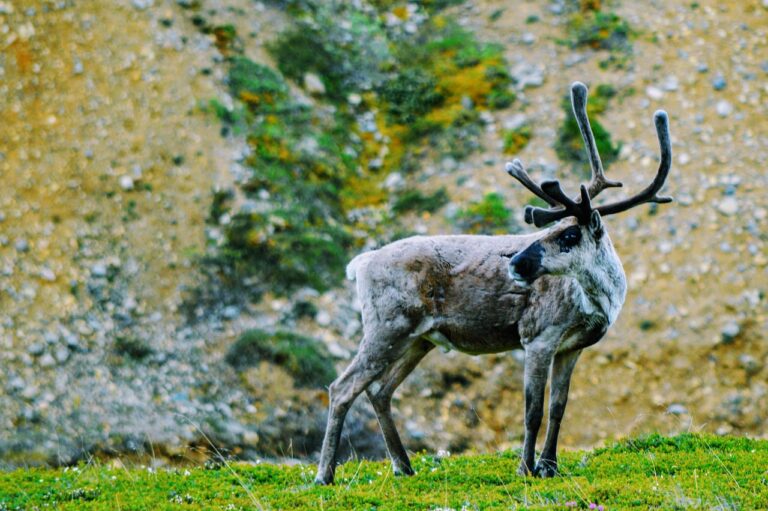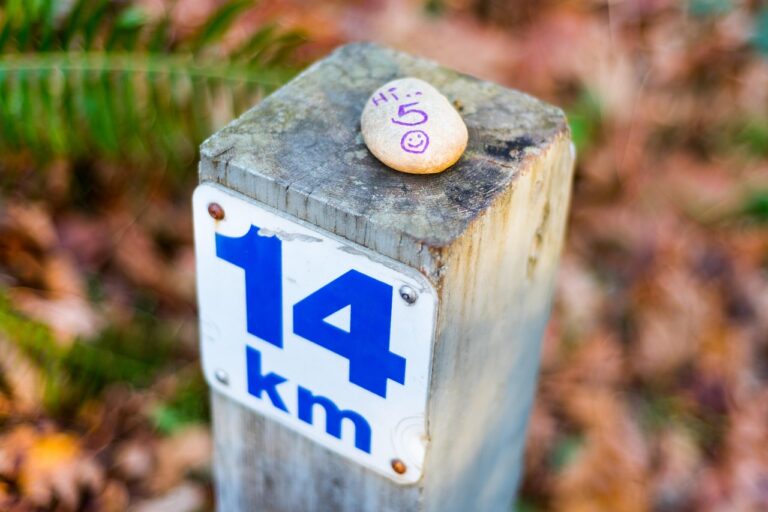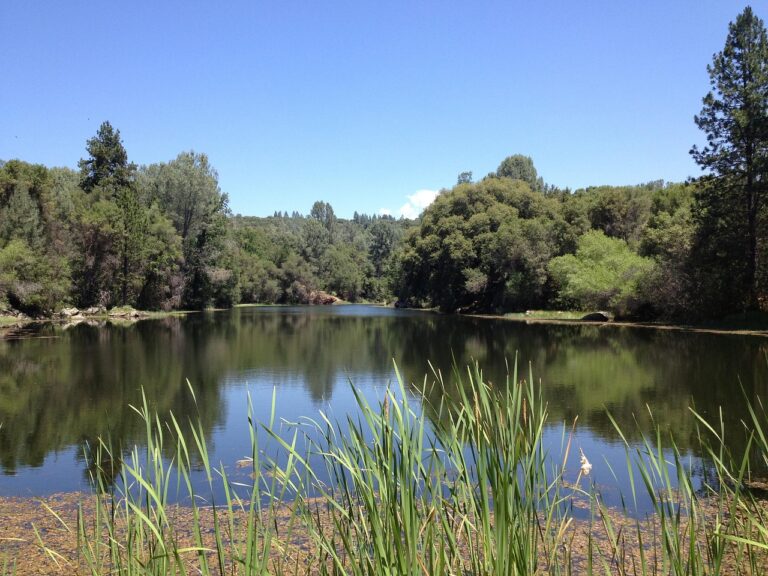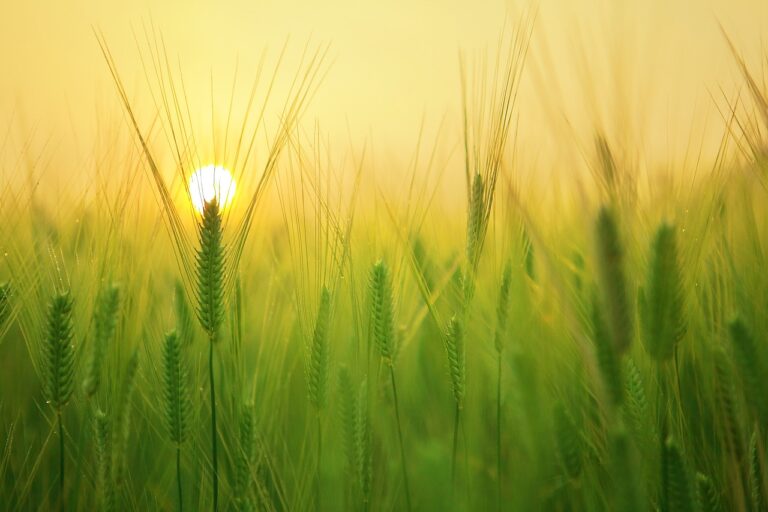BBC Greenlights “Real Life ‘Black Mirror’” Doc About Artificial Intelligence As Factual Chief Jack Bootle Urges Competitors To Make More Science Shows
2025-04-29T08:00:00Z
EXCLUSIVE: The BBC’s head of science and natural history has greenlit a “real life Black Mirror”-style documentary series about AI while revealing his red lines when it comes to using artificial intelligence to make TV shows. Jack Bootle, who runs specialist …
EXCLUSIVE: The BBC’s head of science and natural history has greenlit a “real life Black Mirror”-style documentary series about AI while revealing his red lines when it comes to using artificial intelligence to make TV shows.
Jack Bootle, who runs specialist factual for the BBC, was speaking to Deadline yesterday before a glitzy London event hosted by his BBC science team that featured talks from top talent and the Director General.
In advance of the event, Bootle sat down with Deadline and revealed new show AI Confidential with Hannah Fry [working title], which he described as like a “real life Black Mirror” in reference to Charlie Brooker’s dystopian Netflix smash about the dangers of technology.
In AI Confidential, which is produced by The Man With 1000 Kids producer Curious Films, the host will “investigate extraordinary tales from the front lines of the AI revolution,” according to the BBC.
Watch on Deadline
Bootle didn’t elaborate too much on the “extraordinary tales” as the “access is so perilous,” but he teased examples of “people falling in love with chatbots and then doing extraordinary things as a result” or “people whose lives have been completely changed by a decision made by a robot.”
“There are amazing yarns that have something really interesting, illuminating and I think quite disturbing to say about AI,” he said.
Artificial intelligence is a hot topic on screen at present but its use is also being debated behind the camera. Bootle said he is “not wholly opposed” to carefully using generative AI in TV production but revealed a firm red line.
“I would only ever use it in a situation when the real thing can never be photographed,” he explained. “I always get brought ideas from producers who say they want to [for example] recreate the savanna on a smaller budget using generative AI. There can be value if you can’t photograph the place but if it’s something which could otherwise be filmed then I don’t want to do it. That’s not because I’m snooty or opposed to generative AI but I just don’t think it’s as special.”
In history programming, which Bootle also looks after, he said there could soon come a point where civilizations that could previously only be replicated on a “huge Hollywood budget” will be depicted for a far lower cost via generative AI.
Alongside AI Confidential, Bootle has also greenlit a doc in which blind Strictly Come Dancing winner Chris McCausland will travel to Silicon Valley to explore how cutting-edge technology could transform his life.
Chris McCausland: Seeing into the Future reflects the host’s passion for all things tech as he examines areas like robots, driverless tech and the future of smart glasses.
Having been fully blind since his early 20s, McCausland is a rare example of a disabled person hosting a mainstream science show but Bootle stressed that “shining a light on his passion for tech” is what bagged the greenlight for McCausland and the show’s producer Open Mike Productions. The comedian became the first blind winner of BBC entertainment juggernaut Strictly last year, three years after Rose-Ayling Ellis – who is currently starring in two mainstream network TV dramas – was the first deaf contestant to take home the Strictly trophy.
“Drowning in a tide of misinformation”
Robert F. Kennedy Jr. Andrew Harnik/Getty
Bootle and Davie spoke passionately last night about the need for science shows to cut through the noise in a modern content landscape that can sometimes prioritize conspiracy theory over fact.
“As the world drowns in a tide of misinformation, it has never been more important to talk about the BBC’s commitment to accurate and ambitious science programming,” said Bootle in advance of the event. “And as anti-science voices become more and more significant on the world stage, it makes what we do more important and urgent than what we did before.”
He cited two examples, one being Trump’s Health Secretary Robert F. Kennedy Jr, who has promoted debunked theories connecting vaccines with autism, and another being how his social media feed is “absolutely full of people telling me, as a man in his 40s, to take testosterone.” “Things like this happen every day and I wake up in this sea of confusion,” added Bootle. “We all feel this sense of bafflement and fatigue. And so we look to our leaders for guidance and then we have the U.S. Health Secretary linking autism to vaccines.”
The BBC cannot fly the science programming flag alone and yet too often does, he added, as he urged competitors including rival UK networks and big American streamers to make more science shows. Bootle revealed a ream of stats to back up his point, finding that the BBC is responsible for 83% of science TV content across all UK pubcasters and last year landed 169 million hours worth of views to its science content compared to just 15 million on the streamers. BBC Two’s most-watched show of the year, for example, was Brian Cox’s Solar System, he said.
“I think there is a feeling out there in the world of TV that science is important but is a niche interest genre,” added Bootle. “But I believe and have always believed that if you get the offer right you can bring in massive audiences. I ask [our competitors] to rise to the moment and commit to a big new wave of science commissioning, shows which take science seriously and are underpinned by proper rigorous science journalism, and not just crap.”
Auto-posted from news source






